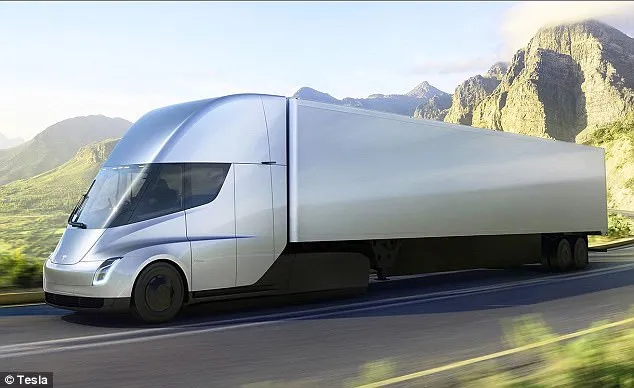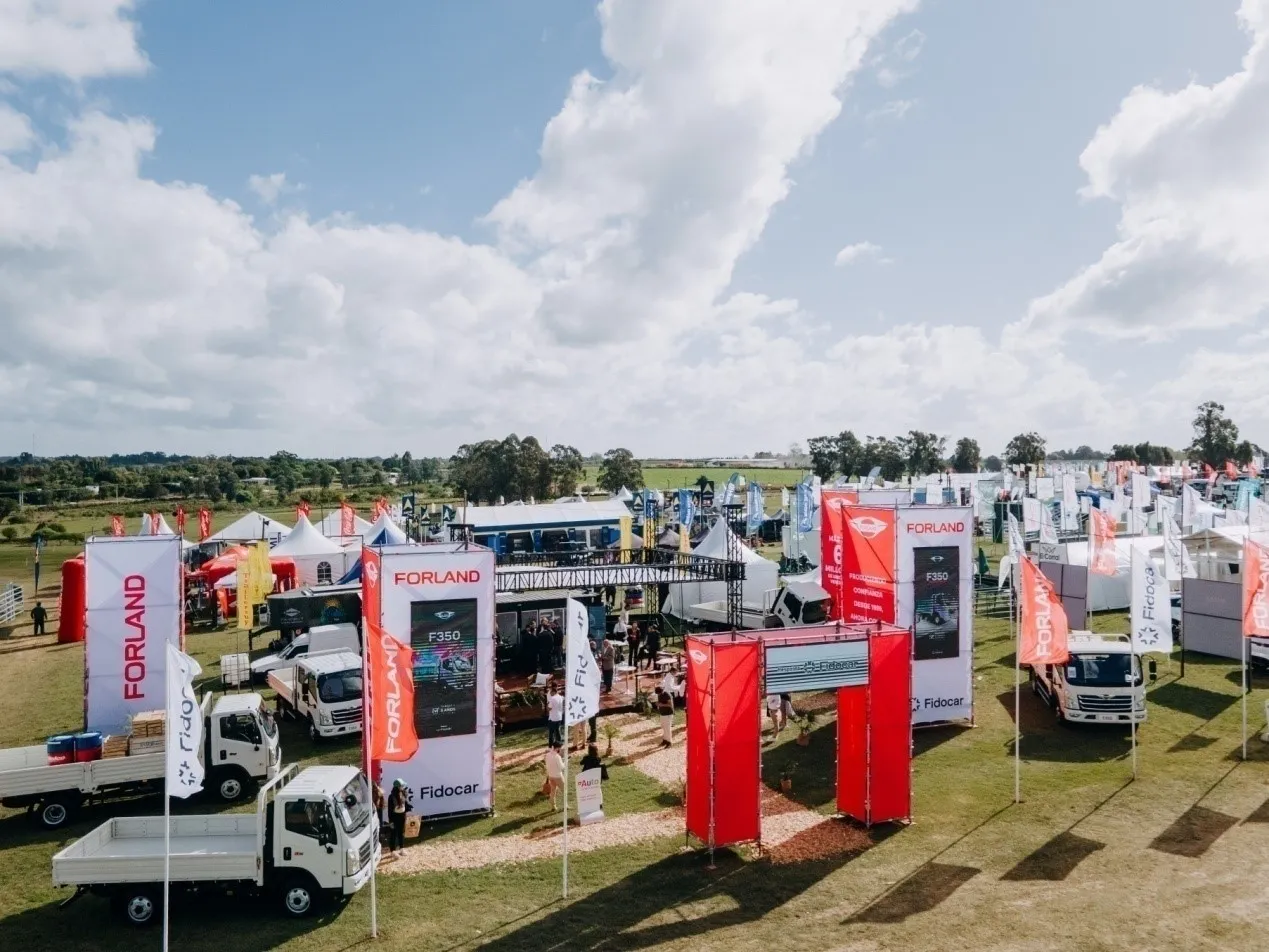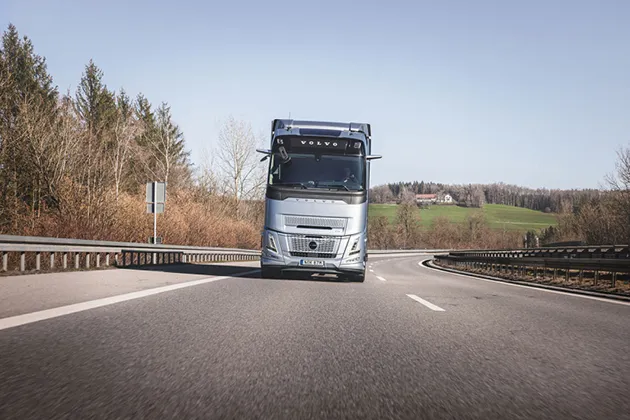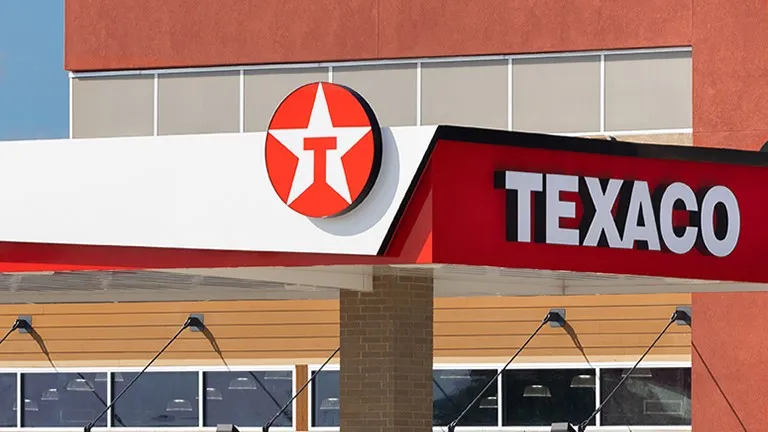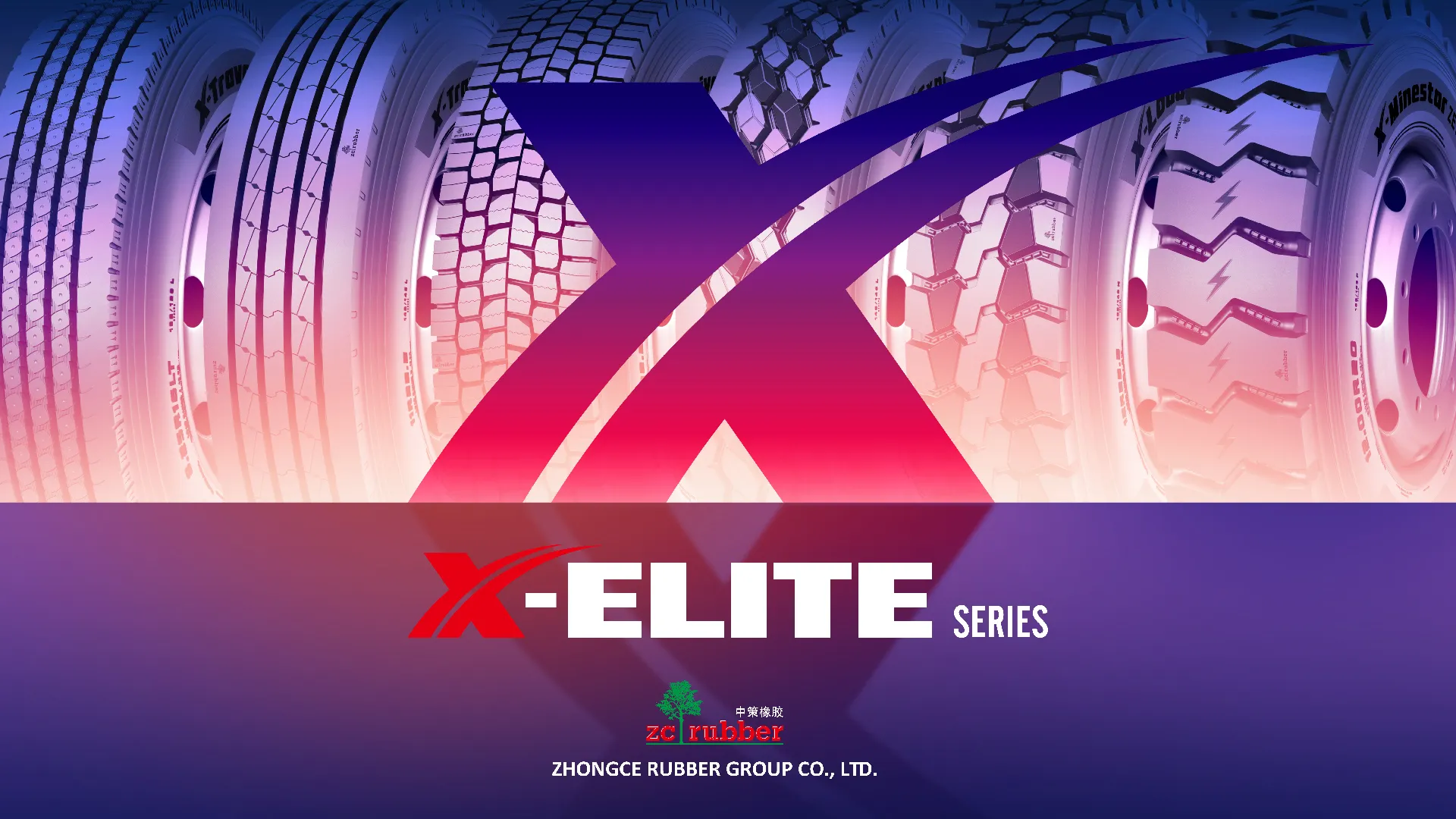Elon Musk and Tesla revealed to the world their Electric Big Rig last week. According to Bloomberg, the semi truck is going into production in 2019 will be able to boast 500 miles of range, a battery and motors that will last 1 million miles and cheaper total operating costs than diesel models, Tesla’s chief executive officer said.
Tesla Unveils Groundbreaking Electric Big Rig
In an article in Bloomberg, Karl Brauer, executive publisher of Kelley Blue Book and Autotrader, wrote in an email. “The specs on the new semi truck and sports car would put both vehicles at the top of their segments, assuming they can be produced and sold as part of a sustainable business plan. So far that final element has eluded Tesla.”
The necessity is particularly acute in California for a shift from emissions-spewing diesel engines, where the ports of Los Angeles and Long Beach are planning to phase them out in favour of natural gas or zero-emission powertrains. Adding autonomous features like Autopilot — an enhanced version of which will be offered as standard on the Semi — may also help operators and fleets save on labour costs, which could spark major upheaval to the commercial trucking industry.
Bloomberg reported that the target market for Tesla for the Semi is both fleet operators and independent owner operators, with the company being its own first customer, transporting parts from its battery gigafactory in Nevada to its auto assembly plant in California.
The Semi has a windshield that Musk describes as “thermonuclear explosion-proof”. The cab features a centred seat flanked by two 15-inch screens for navigation and blind-spot monitoring, whilst the truck integrates several components of the Model 3, including the screens, motors and door handles.
Following, the unveiling of Tesla’s all electric Semi Truck the company reported pre-orders from retail giant Wal-Mart Stores Inc for its U.S. and Canadian units with Lundberg revealing to Bloomberg that they had preordered five of the electric trucks for the U.S. and 10 for Canada.
“We have a long history of testing new technology — including alternative-fuel trucks — and we are excited to be among the first to pilot this new heavy-duty electric vehicle,” Wal-Mart spokesman Kory Lundberg said in an email to Bloomberg. “We believe we can learn how this technology performs within our supply chain, as well as how it could help us meet some of our long-term sustainability goals, such as lowering emissions.”
Tesla’s innovation is far from independent in the effort to electrify semi trucks, with Mercedes-Benz manufacturer Daimler AG promoting several of its battery-powered prototypes this year. Additionally, Paccar Inc. is working on electric, hybrid, hydrogen fuel cell and natural gas-powered models, according to Chief Executive Officer Ron Armstrong, before cautioning it’ll be about 10 years before electric trucks pose a credible threat. Volvo AB has been putting a hybrid concept truck for long-haul applications through its paces, while Navistar International Corp. and Volkswagen AG’s truck division have both commented by saying they’ll jointly develop a battery-powered medium-duty truck for as soon as 2019.
“It is a highly competitive market among established truck manufacturers,” Consumer Edge Research analyst James Albertine stated in a report on Thursday according to Bloomberg. While many — if not all — are working on their own electric trucks, Tesla’s competitive edge lies in its battery-manufacturing and autonomous-software capabilities, he said.

